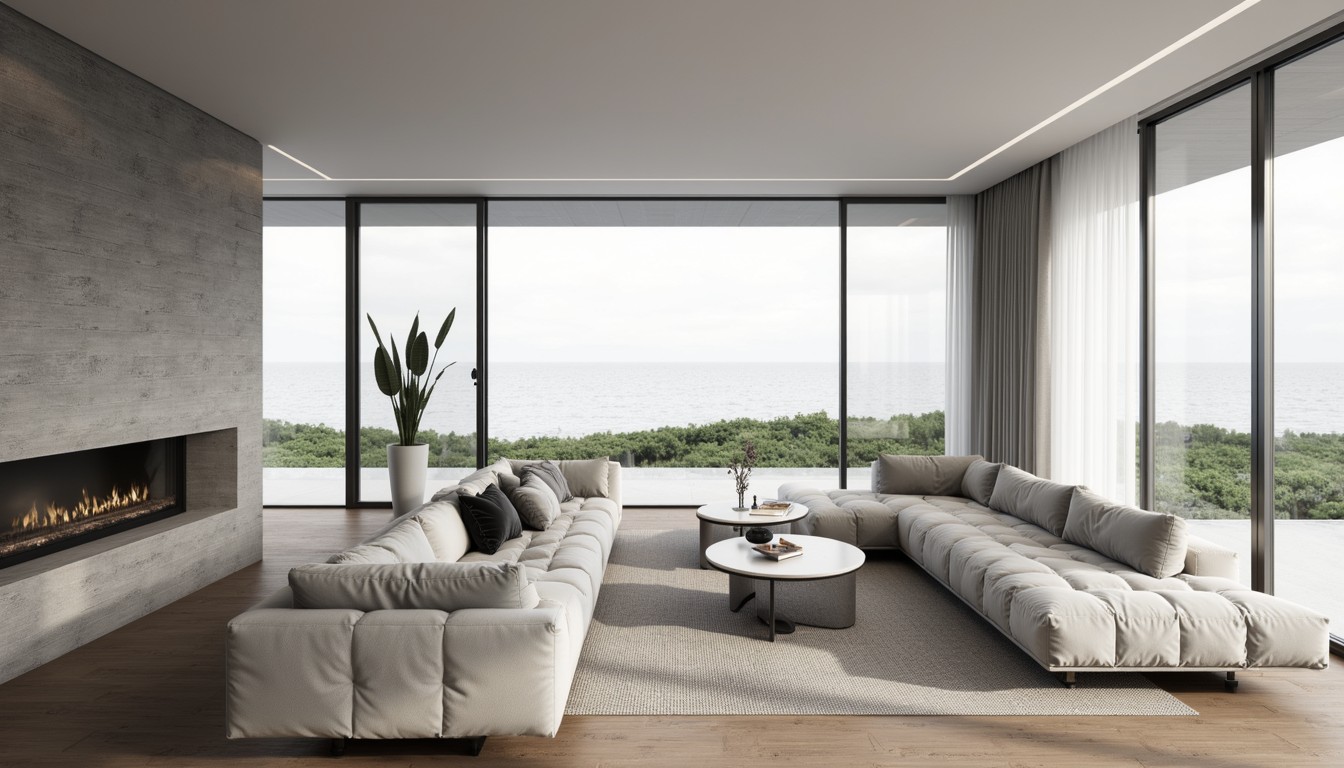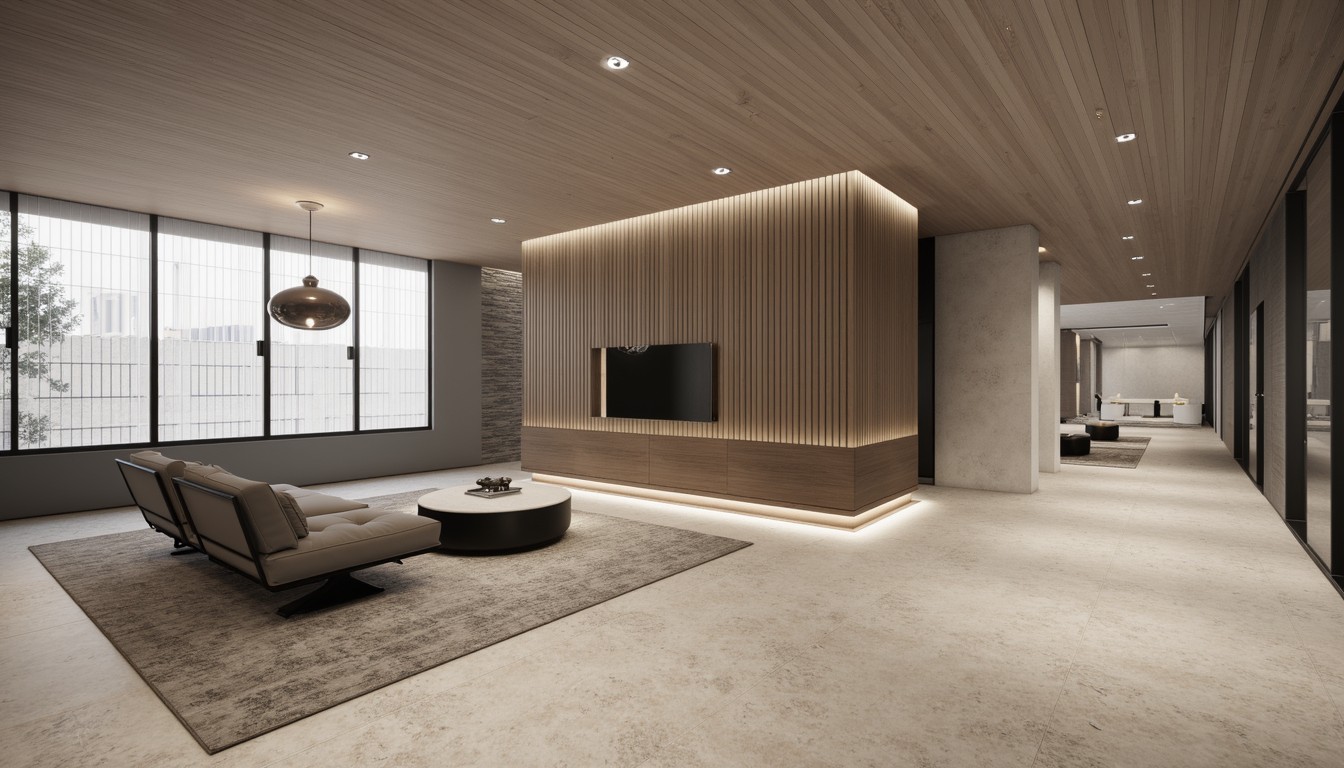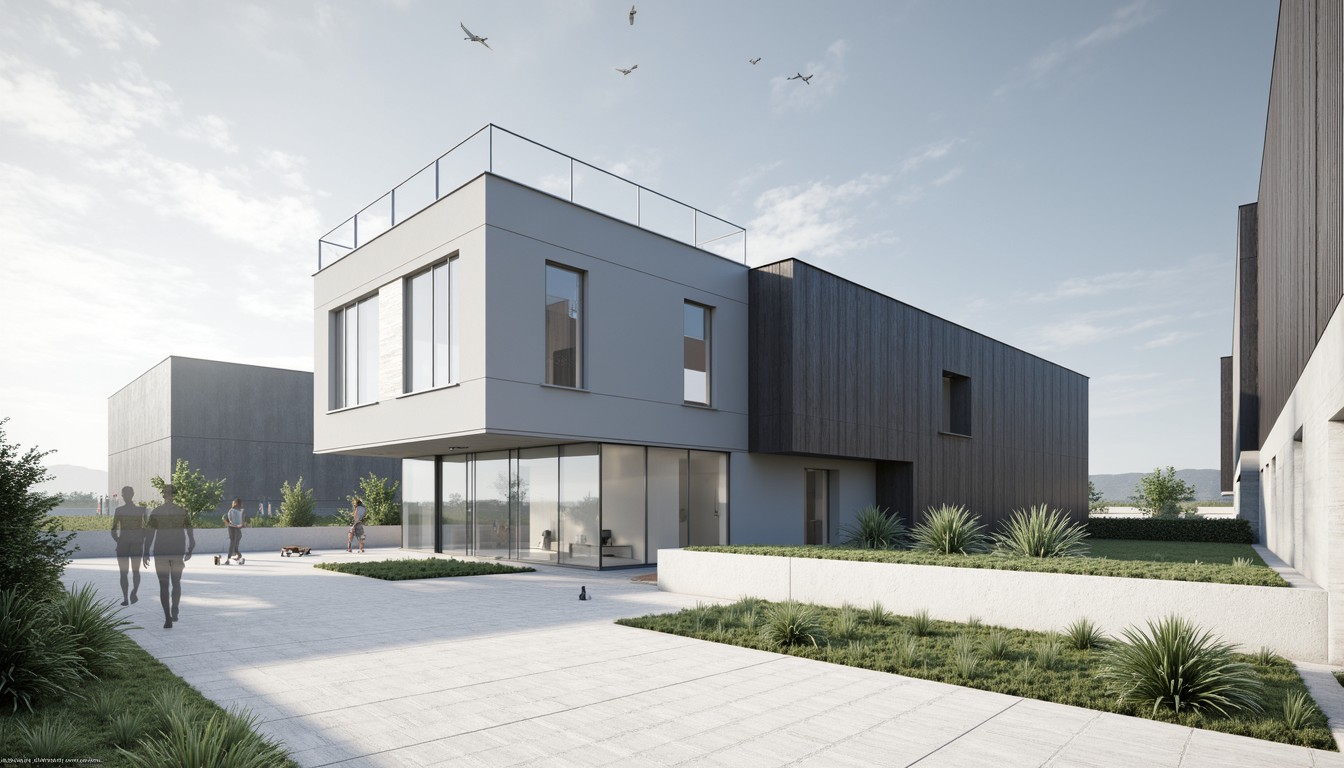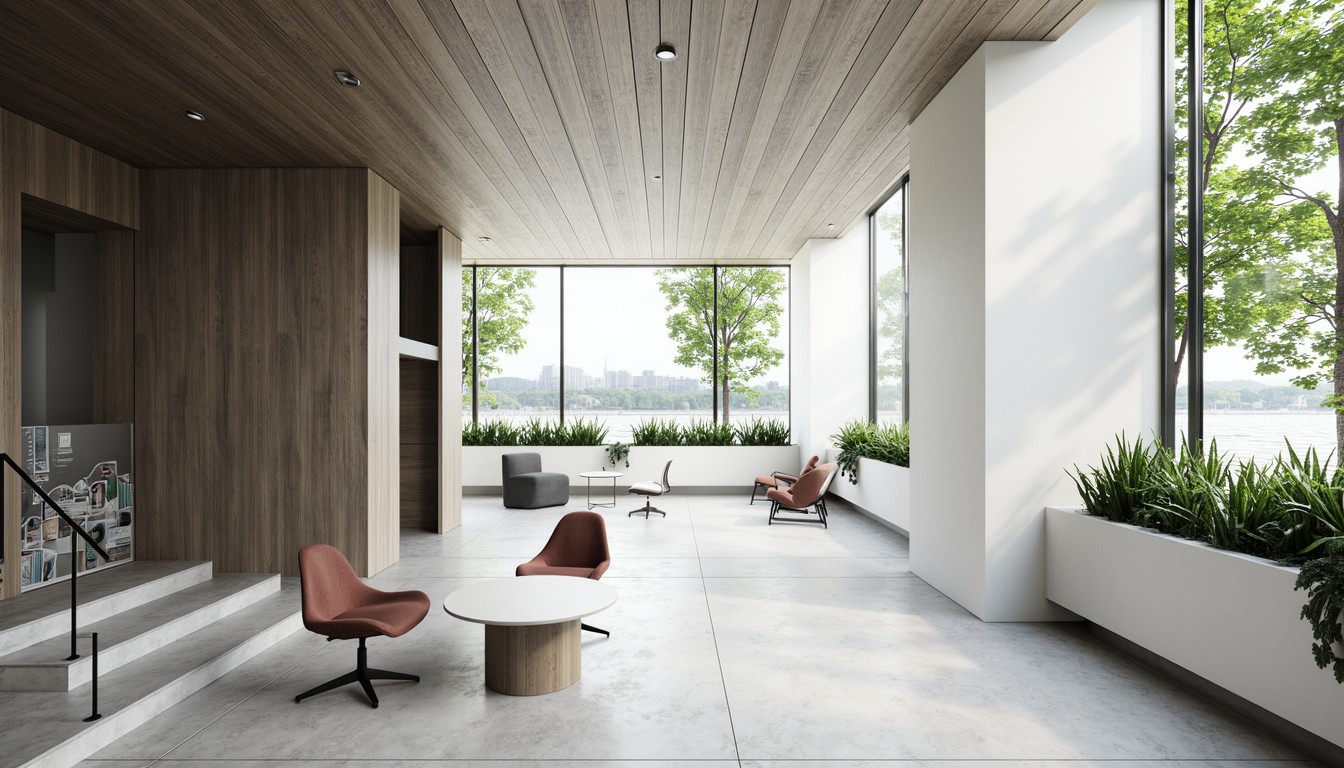Real-Time Visualization Revolutionizing Architecture
The architectural visualization landscape is undergoing a dramatic shift. Gone are the days of lengthy rendering times and static images. Real-time visualization, powered by advancements in hardware and software, is revolutionizing the way architects design, collaborate, and present their projects. This technology offers unparalleled speed, interactivity, and immersive experiences, leading to more efficient workflows and improved client communication.
The Power of Immersive Experiences

Real-time rendering allows architects to create immersive virtual environments that clients can explore firsthand. Instead of relying on static images or 2D plans, clients can walk through their future homes, offices, or urban spaces, experiencing the scale, proportions, and ambiance in a completely new way. This level of engagement fosters a deeper understanding of the design and significantly improves client buy-in.
Enhanced Client Communication and Collaboration
Real-time visualization facilitates seamless collaboration between architects, designers, engineers, and clients. Multiple stakeholders can simultaneously access and interact with the 3D model, providing immediate feedback and making iterative design changes easier and faster. This collaborative approach reduces misunderstandings, streamlines the design process, and ultimately saves time and resources.
Real-World Applications of Real-Time Architectural Visualization

The applications of real-time visualization are vast and constantly expanding. Here are a few key examples:
- Architectural Design and Planning: Real-time rendering allows architects to quickly iterate on design concepts, experiment with different materials and layouts, and explore various design options without the time constraints of traditional rendering methods.
- VR/AR Applications: Integrating real-time visualization with virtual reality (VR) and augmented reality (AR) technologies creates incredibly immersive experiences. Clients can use VR headsets to explore a building's interior as if they were physically present, while AR overlays can superimpose the digital model onto the real-world site, providing a clear visualization of the project's context.
- Urban Planning and Development: Real-time visualization is invaluable for urban planning projects. It allows stakeholders to visualize the impact of new developments on the surrounding environment, assess traffic flow, and make informed decisions regarding infrastructure and public spaces.
- Construction and Engineering: Real-time visualization assists in construction planning and coordination, allowing for better visualization of complex structures and ensuring that all stakeholders are on the same page. This minimizes potential errors and delays.
- Marketing and Presentations: Real-time visualizations create compelling marketing materials and presentations, showcasing projects in a dynamic and engaging way. This significantly improves client acquisition and project success rates.
Benefits of Real-Time Visualization Over Traditional Methods
Compared to traditional rendering techniques, real-time visualization offers several key advantages:
- Speed and Efficiency: Real-time rendering drastically reduces rendering times, allowing for immediate feedback and iterative design changes.
- Cost-Effectiveness: Reduced rendering time translates to lower costs associated with project development and client presentations.
- Improved Collaboration: Real-time access and interaction facilitate seamless collaboration among stakeholders.
- Enhanced Client Engagement: Immersive experiences foster deeper understanding and buy-in from clients.
- Early Problem Detection: Real-time visualization helps identify and address potential design flaws early in the process, saving time and resources.
The Future of Real-Time Architectural Visualization

The future of real-time visualization in architecture is bright. As technology continues to advance, we can expect even more realistic and immersive experiences, with improved performance and accessibility. The integration of AI and machine learning will further automate processes and enhance design workflows. This will lead to even more efficient and creative design solutions.
ArchNav: Your Partner in Real-Time Architectural Visualization
At ArchNav, we are at the forefront of this technological revolution. We leverage cutting-edge software and hardware to deliver high-quality, real-time architectural visualizations that transform the design process. Our team of experienced professionals is committed to providing our clients with innovative solutions that meet their specific needs. Contact us today to learn how ArchNav can help you harness the power of real-time visualization and elevate your architectural projects to the next level.
